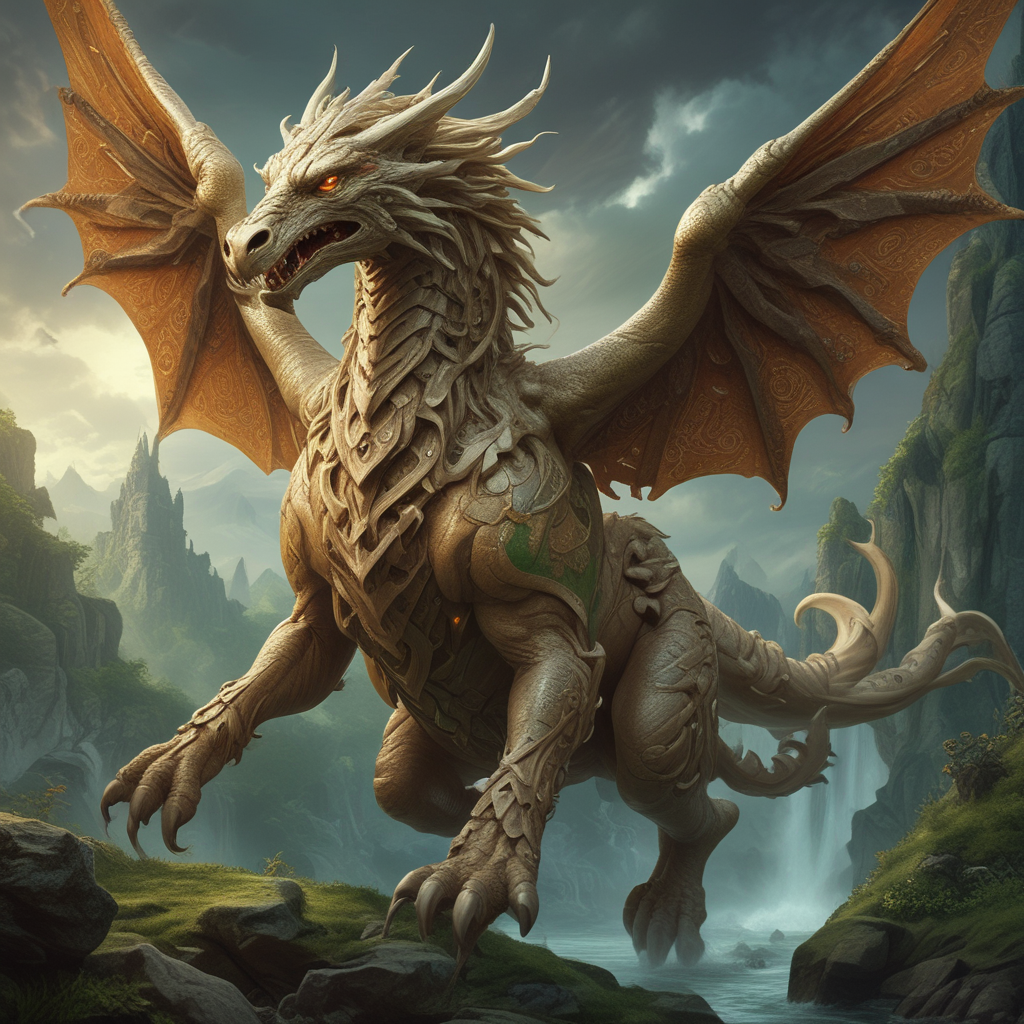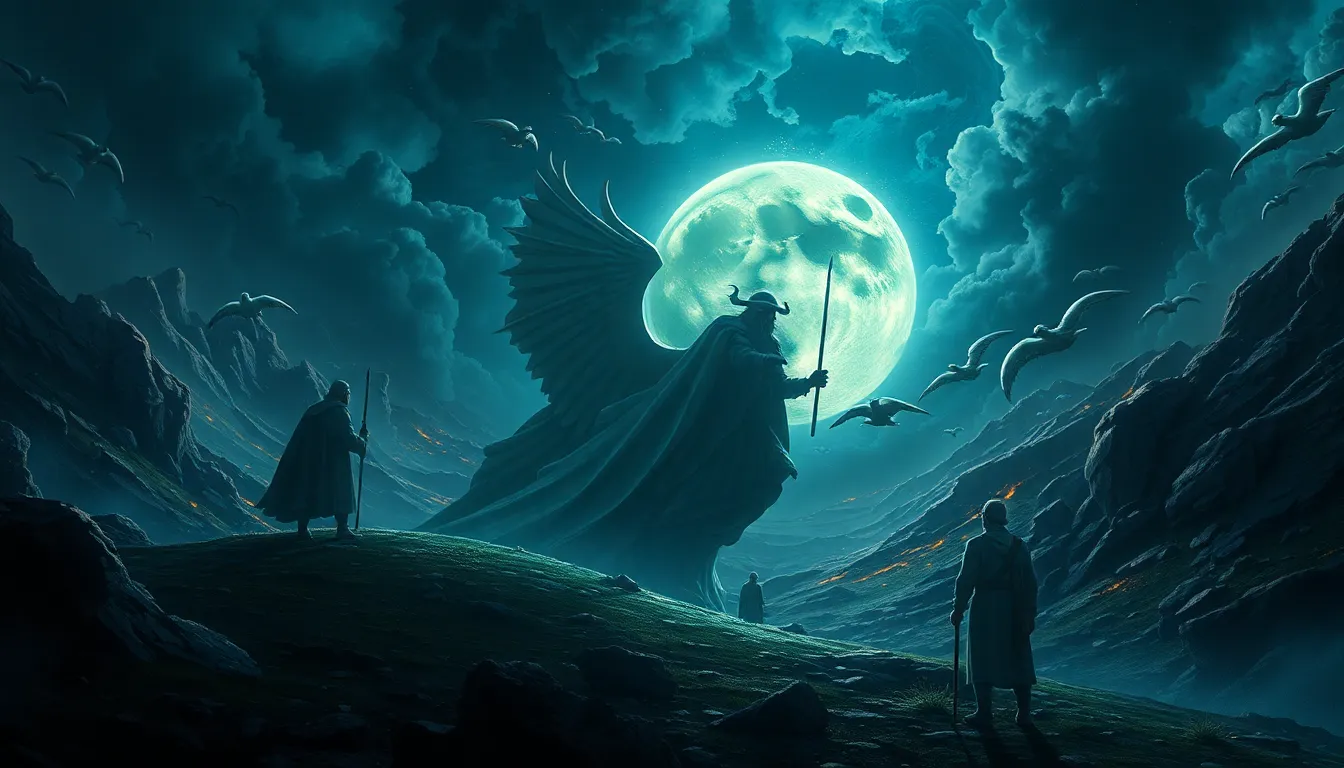The Prophecies of the Ancient Chinese: What Did They Foresee?
Introduction to Ancient Chinese Prophecies
Prophecies have held a significant place in ancient Chinese culture, serving as a means to understand the world and anticipate future events. These predictions were not merely fanciful speculations; they were deeply rooted in the philosophical, spiritual, and moral frameworks of the time. The significance of prophecy in ancient China can be traced through various dynasties, where they played a crucial role in guiding rulers and influencing societal norms.
The historical context of prophecy in China is rich and complex. From the Shang dynasty, where divination was practiced, to the later philosophical interpretations during the Han dynasty, prophecies were seen as reflections of the cosmic order, linking human affairs with the heavens.
The Role of Confucianism and Daoism in Shaping Prophetic Thought
Confucianism and Daoism are two of the most influential philosophies in ancient China that shaped prophetic thought. Confucianism emphasized moral integrity, social harmony, and the importance of ethical governance. Prophecies were often interpreted through a Confucian lens, focusing on the moral implications of predicted events.
Daoism, on the other hand, offered a more mystical and naturalistic perspective. It emphasized harmony with the Dao (the Way) and the cyclical nature of existence. This philosophical backdrop influenced how prophecies were viewed, often linking them to natural phenomena and the balance of forces in the universe.
- Confucian Influence: Moral and ethical considerations shaped prophetic interpretations.
- Daoist Influence: Emphasis on harmony with nature and the cyclical nature of time.
Key Texts and Sources of Ancient Chinese Prophecies
Several foundational texts have preserved the prophecies of ancient China. Among these, the I Ching (Book of Changes) stands out as a seminal work. It combines philosophy, divination, and a system of hexagrams to provide insights into the future and guidance for decision-making.
Another significant text is the Dao De Jing by Laozi, which offers profound philosophical insights that can be interpreted as prophetic wisdom. Additionally, historical records such as the Records of the Grand Historian (Shiji) document prophetic events and figures, ensuring their transmission through generations.
Major Prophetic Figures in Ancient China
Throughout ancient Chinese history, several notable prophets and seers emerged, each contributing to the tradition of prophecy.
- Laozi: The reputed author of the Dao De Jing, Laozi’s teachings emphasize the importance of aligning with the natural order.
- Confucius: While primarily a philosopher, his teachings often contained prophetic elements regarding moral governance and societal order.
- Wang Chong: A philosopher during the Eastern Han dynasty who critically examined prophecies and their implications.
Themes and Patterns in Ancient Chinese Prophecies
Common themes found in ancient Chinese prophecies often reflect the societal values and concerns of the time. Some notable themes include:
- Harmony: The importance of balance between humanity and nature.
- Cyclical Nature of Time: The belief in repeating patterns in history and nature.
- Social Order: Prophecies often addressed the consequences of moral decay and the need for righteous governance.
Predictions of Natural Disasters and Social Upheaval
Ancient Chinese prophecies frequently addressed natural disasters, such as earthquakes, floods, and famines. These predictions were taken seriously and often interpreted as signs of divine displeasure or social imbalance.
For instance, the Book of Changes includes interpretations of natural phenomena that were seen as omens. When disasters occurred, they were often linked to the behavior of rulers and the moral state of society.
Such predictions were received with a mix of fear and reverence, leading to efforts to appease the heavens through rituals and moral reforms.
Prophecies Concerning Dynastic Change and Political Turmoil
Ancient Chinese history is marked by the rise and fall of dynasties, many of which were predicted in prophecies. These predictions often had significant impacts on political decision-making and public sentiment.
- Fall of the Shang Dynasty: Prophecies indicated the rise of the Zhou dynasty, emphasizing moral corruption as a precursor to downfall.
- Rise of the Ming Dynasty: Predictions about the decline of the Yuan dynasty and the eventual restoration of Han Chinese rule.
Such prophecies instilled hope among the populace and often served as justifications for revolutions or changes in leadership.
Cultural Legacy of Ancient Chinese Prophecies
The cultural legacy of ancient Chinese prophecies is profound. They have influenced modern Chinese culture, literature, and beliefs. Many contemporary practices, such as feng shui and fortune-telling, are rooted in ancient prophetic traditions.
Furthermore, the allure of prophecy continues to resonate in modern society, with individuals looking to the past for guidance on current dilemmas.
Comparative Analysis: Ancient Chinese Prophecies and Other Cultures
When comparing ancient Chinese prophecies with those from other cultures, interesting similarities and differences emerge.
- Western Prophecies: Often centered around apocalyptic visions and divine judgment.
- Indigenous Foresight: Typically emphasizes living in harmony with nature and the cyclical patterns of life.
These comparative insights highlight the diverse ways cultures interpret and respond to the concept of prophecy, reflecting their unique worldviews.
Conclusion: The Enduring Mystery of Prophecy
The allure of prophecy in ancient China speaks to a universal human desire to understand the unknown and foresee the future. As we reflect on these ancient predictions, we recognize their implications not only for their time but also for contemporary society. The exploration of historical foresight remains a relevant pursuit, encouraging us to seek wisdom from the past as we navigate the complexities of the present.



